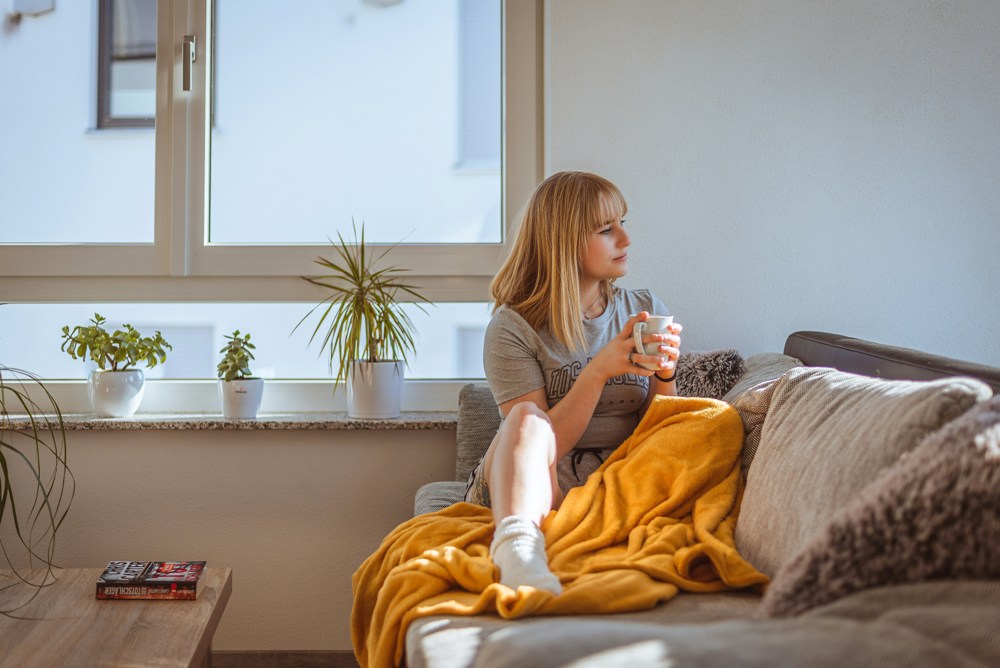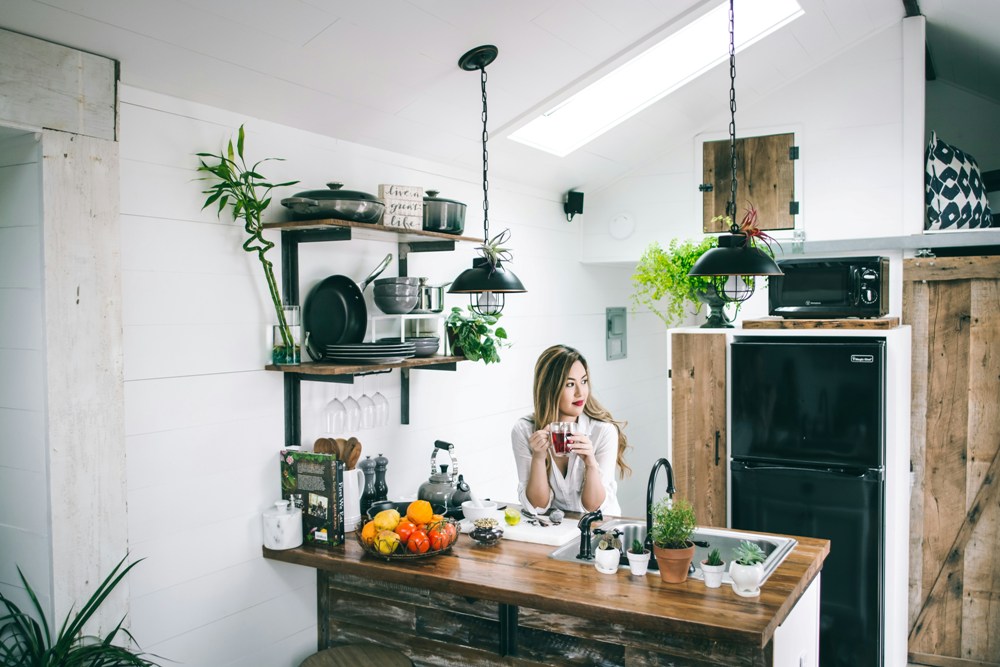
Being home alone can be both exciting and daunting. Whether you’re a teenager left to your own devices or an adult with a busy schedule, ensuring safety while alone is paramount. From preventing accidents to deterring burglars, there are various precautions one can take. Let’s explore some practical home alone safety tips to keep you and your loved ones secure.
Secure All Entrances and Exits
One of the fundamental aspects of home alone safety is ensuring that all doors and windows are securely locked. This simple action can deter potential intruders and prevent unauthorized entry into your home. Additionally, consider installing deadbolts or security bars for added protection. Remember to also check garage doors and pet doors for potential entry points.
Keep Emergency Contacts Handy
In case of any unforeseen emergencies, it’s crucial to have essential contact numbers readily available. Keep a list of emergency contacts, including family members, neighbors, and local authorities, near the phone or programmed into your mobile device. Quick access to these numbers can prove invaluable during critical situations. Ensure everyone in the household knows where this list is located.
Utilize Home Security Systems
Investing in a reliable home security system can significantly enhance your safety while home alone. From basic alarm systems to sophisticated surveillance cameras, there are various options to suit different needs and budgets. Ensure that your security system is properly installed and regularly maintained for optimal effectiveness. Additionally, consider signage indicating the presence of a security system as a deterrent.
Create an Illusion of Occupancy
When home alone, it’s essential to make your residence appear occupied to deter potential burglars. Simple tactics such as leaving lights on, playing music or television, and keeping curtains partially drawn can give the impression that someone is home. Additionally, consider using timers for lights and appliances to simulate a routine presence. Arrange for mail and newspapers to be collected or held during your absence.
Avoid Publicizing Your Alone Time
In today’s age of social media, it’s tempting to share every aspect of our lives online. However, announcing that you’re home alone can inadvertently invite trouble. Refrain from posting about being alone on social platforms or revealing your absence through geotagged photos. Exercise caution when sharing personal information to protect your safety and privacy. Be mindful of sharing vacation plans or extended absences as well.
Practice Fire Safety Measures
Fire safety is paramount, especially when alone at home. Ensure that smoke detectors are installed on every level of your house and test them regularly to ensure they’re in working order. Familiarize yourself with evacuation routes and keep fire extinguishers readily accessible in key areas. Additionally, never leave cooking appliances unattended and avoid overloading electrical outlets. Conduct regular fire drills with your household members to ensure everyone knows what to do in case of a fire.
Establish Communication Protocols
Communication is key, particularly when home alone. Inform trusted individuals, such as family members or close friends, of your solo status and establish regular check-ins or communication protocols. This ensures that someone is aware of your well-being and can promptly respond in case of any emergencies. Consider using smartphone apps or wearable devices with panic buttons for quick and discreet communication.
Prepare an Emergency Kit
Having an emergency kit on hand can be a lifesaver during unforeseen situations. Stock your kit with essential items such as first aid supplies, non-perishable food, water, flashlights, batteries, and any necessary medications. Store the kit in a designated location that is easily accessible in case of emergencies. Check and update your emergency kit regularly, replacing expired items and adjusting supplies based on changing needs.
Trust Your Instincts
Intuition is a powerful tool when it comes to personal safety. If something feels off or suspicious, trust your instincts and take necessary precautions. Avoid engaging with strangers or opening the door to unexpected visitors. If you feel unsafe, don’t hesitate to contact authorities or seek assistance from trusted individuals. Practice situational awareness and trust your gut feelings in unfamiliar or potentially dangerous situations.
Stay Informed and Educated
Lastly, staying informed and educated about home safety practices is essential for effectively protecting yourself when alone. Keep abreast of any updates or advancements in home security technology and familiarize yourself with safety protocols. By staying proactive and vigilant, you can significantly reduce the risk of potential threats. Consider attending home safety workshops or online courses to enhance your knowledge and skills.
Conclusion
While being home alone may initially seem daunting, implementing these practical safety tips can help alleviate concerns and ensure a secure environment. From securing entrances to staying informed and educated, taking proactive measures is key to protecting yourself and your household. By incorporating these tips into your routine, you can enjoy peace of mind knowing that you’re well-prepared for any situation.

FAQs (Frequently Asked Questions)
How can I make my home less appealing to burglars?
To deter burglars, ensure that your home appears occupied by using timers for lights, keeping curtains drawn, and avoiding publicizing your alone time on social media. Additionally, consider installing motion-activated lights and trimming back bushes or shrubbery near entry points.
What should I do if I hear a suspicious noise while home alone?
If you hear a suspicious noise, avoid investigating it yourself. Instead, secure yourself in a safe room, lock the door, and contact the authorities or a trusted individual for assistance. Consider having a personal safety alarm or whistle within reach for added protection.
Is it safe to open the door to strangers when home alone?
It’s generally not advisable to open the door to strangers when home alone. Exercise caution and verify the identity of visitors before allowing entry. Consider installing a peephole or video doorbell for added security and to screen visitors before opening the door.
How often should I test my home security system?
It’s recommended to test your home security system regularly, ideally once a month, to ensure that all components are functioning correctly. Perform a thorough check of sensors, cameras, and alarms, and promptly address any issues or malfunctions. Consider scheduling professional maintenance at least once a year for comprehensive system evaluation.
What should I do if a fire breaks out while I’m home alone?
In the event of a fire, prioritize your safety by evacuating the premises immediately and contacting emergency services. Remember to follow established evacuation routes and avoid re-entering the building until it’s deemed safe to do so. Practice fire drills regularly with your household members to ensure everyone knows how to respond swiftly and safely.
